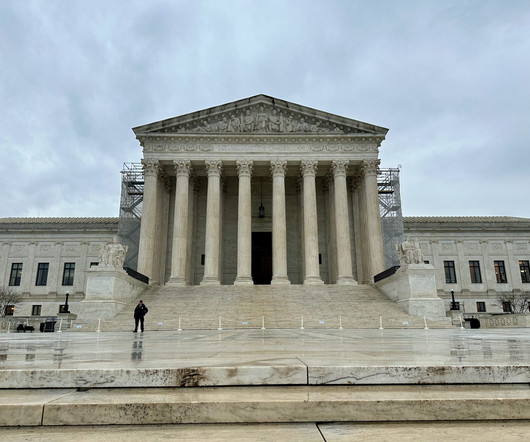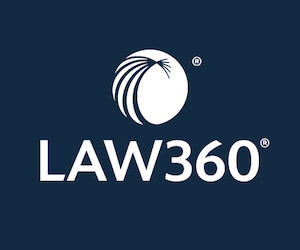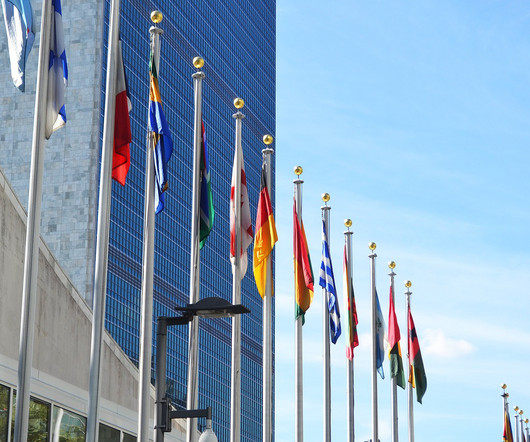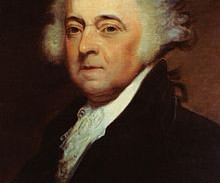Argentina train drivers announce strike due to inability to reach salary agreement
JURIST
JUNE 1, 2024
The Brotherhood labor union announced on Thursday that it is going to decrease the speed of all trains to 19 miles per hour for 24 hours as a strike measure on Sunday. The strike comes as the result of an inability to reach a salary agreement with the railroad companies. The labor union emphasized that they were seeking a wage increase for two main reasons.






















Let's personalize your content